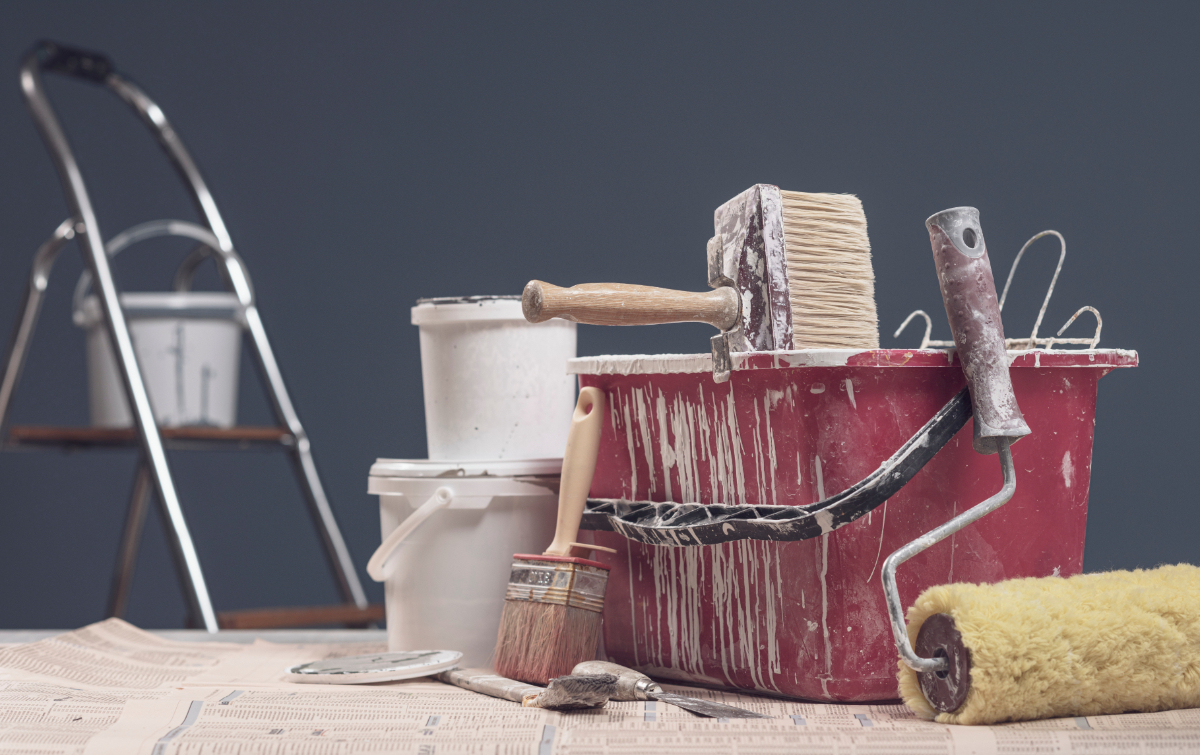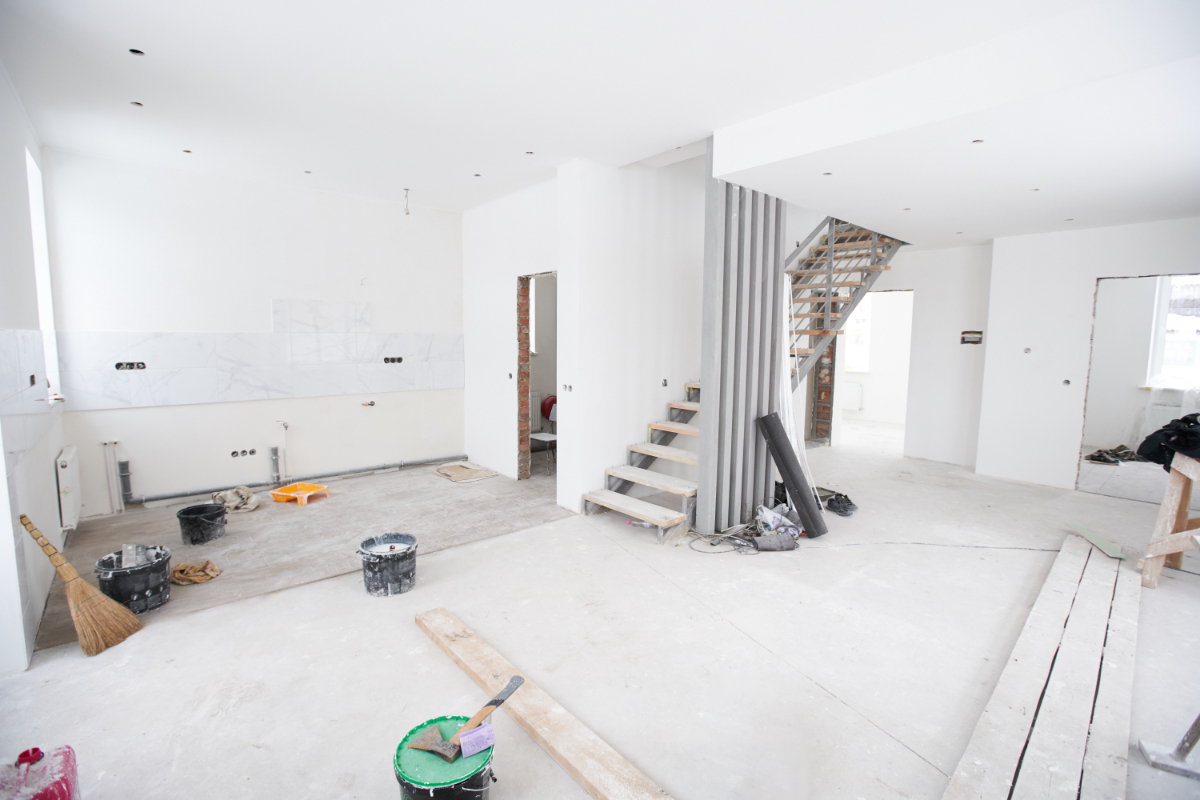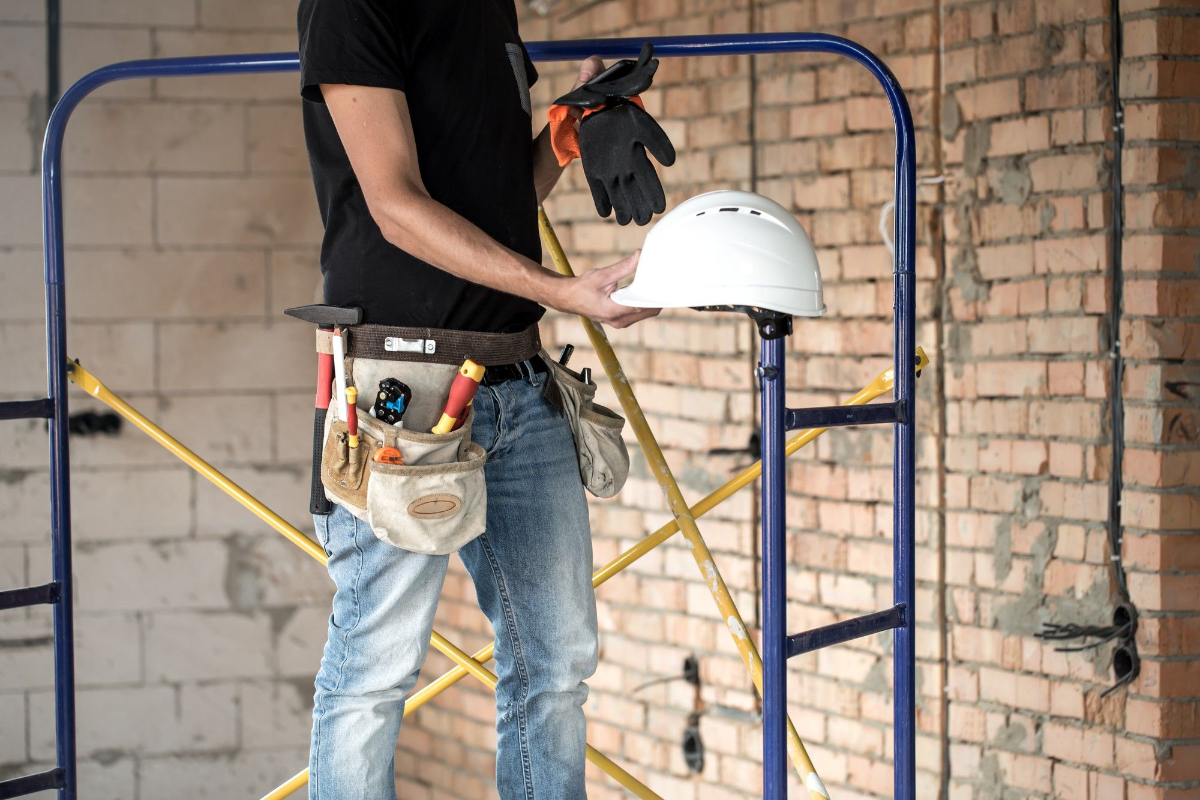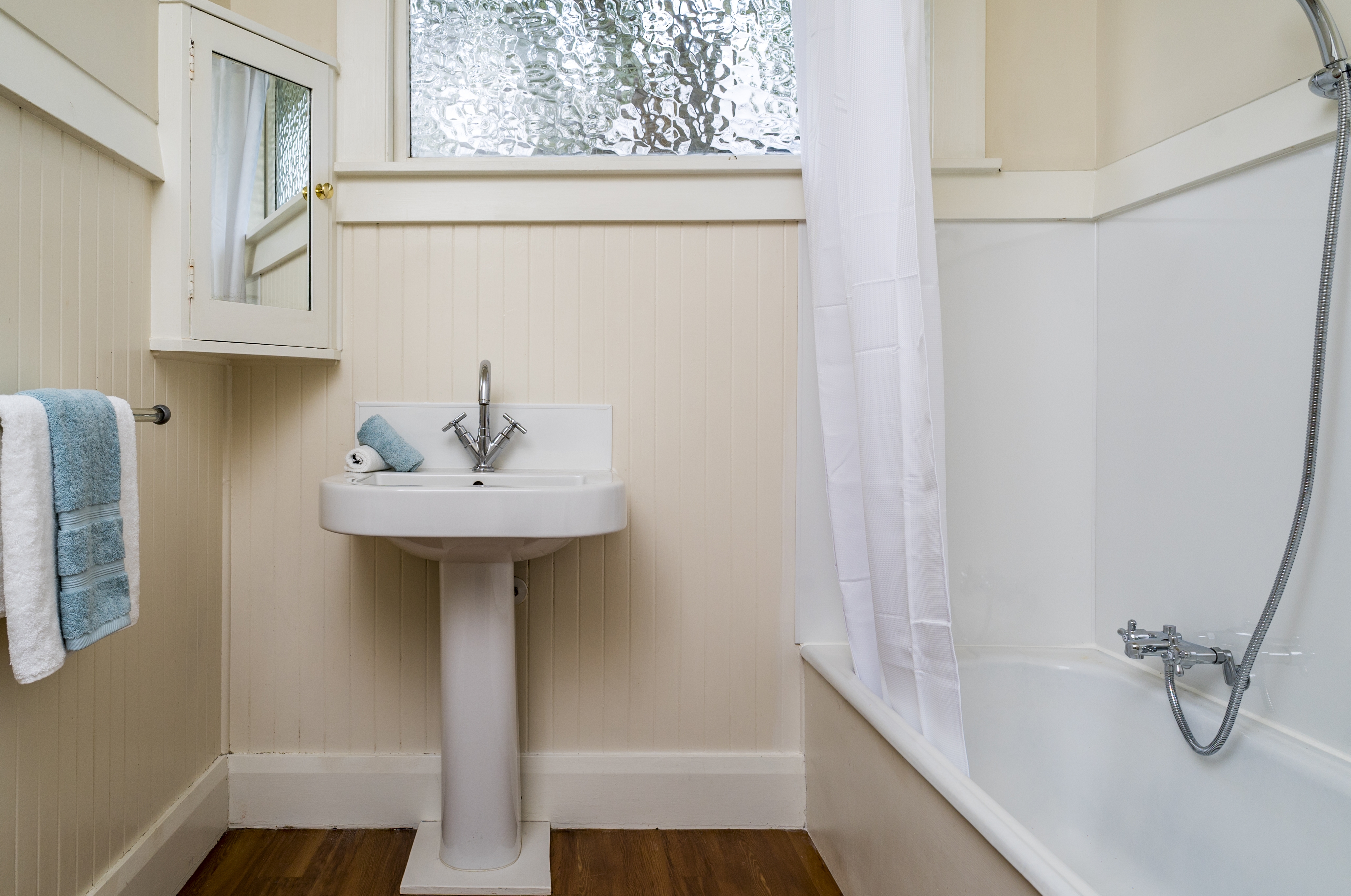Why is building maintenance important? Discover why building maintenance is crucial for safety, efficiency, and longevity. Explore essential tips for effective maintenance and its benefits for residential and commercial properties.
Prevents Dangerous Situations
Building maintenance is fundamentally crucial to the safety of any property, be it residential or commercial. If left neglected, buildings can morph into ticking time bombs, housing various hazards that can endanger residents and workers alike. Unmaintained buildings may conceal potential risks such as defective electrical systems, unstable walls, or broken fixtures.
As all of these pose a substantial threat to inhabitants regular building maintenance is paramount. Unmonitored damage can quickly spiral into disastrous situations, potentially leading to injuries, and in extreme scenarios, even resulting in loss of life.
Regular maintenance is instrumental in averting danger by identifying and addressing potential problems before they worsen. Scheduled inspections of electrical systems, doors, windows, roofs, and walls certify that a building remains in prime condition.
Regular maintenance activities extend beyond just the physical structure of your building. They also encompass the installation and regular servicing of health and safety equipment such as fire extinguishers and alarm systems.
This preventative maintenance helps to avert hazardous situations and fosters a safe and secure environment for occupants. Ensure your building remains safe and secure by prioritising regular maintenance. Remember, safe is better than sorry when it comes to building safety.
Improves Performance
The importance of diligent care and maintenance of a building for achieving optimal performance cannot be overstated.
It is largely correct to suggest that a structure's functionality and efficiency mirrors the regular maintenance efforts placed into it.
Indeed, there is a whole gamut of maintenance chores, from minor responsibilities such as ensuring common areas remain clean to more considerable tasks akin to servicing Heating, Ventilation, and Air Conditioning (HVAC) systems.
One of the key advantages that arises from the conscientious maintenance of a building's spaces is the promotion of comfort and optimised work conditions for inhabitants.
For instance, attention to window cleanliness and maintenance facilitates adequate natural light access, hence reducing reliance on artificial lighting sources during daylight hours.
Likewise, clean and well-serviced areas foster health and safety, thereby boosting productivity. When employees are given a light-filled, comfortable and safe environment to perform their duties, absenteeism is less likely to be a hindrance, allowing for continual high productivity rates.
A well-functioning plumbing system, void of leaks and blockages, is another beneficial outcome of maintaining a building. Ensuring regular checks and maintenance to your plumbing system guarantees an uninterrupted water flow, alongside preventing avoidable damages that could result from leaks or unexpected overflows.
Ensuring proper electrical systems maintenance is equally important. Frequent inspections lessen the likelihood of unexpected power outages and mitigate potential damages that could stem from any electrical issues.
In a nutshell, the precise and regular maintenance of different systems within a building plays an instrumental role in enhancing the overall performance and value of a structure. Therefore, a well-planned and executed maintenance schedule not only safeguards the infrastructure but also significantly contributes to the satisfaction and productivity of its occupants. It is through such regular care and attention that the company can ensure the longevity and efficiency of your building.
Keeps Building Compliant
Building maintenance plays a key role in making sure that properties comply with regulatory requirements, ranging from building safety codes to health and environmental standards. By carrying out regular maintenance, you can make sure your property adheres to legal standards, thereby avoiding any potential issues.
Through routine inspections and maintenance tasks, any potential problems can be identified swiftly. This proactive approach helps to prevent infractions that might compromise the compliance of your building, ensuring it remains within the boundaries of the law.
Regular maintenance and repair work on critical systems, such as plumbing and electrics, is essential to avoid any penalties linked to building code violations. These tasks ensure that any damage is noticed and fixed promptly, minimising any risk of hefty fines or sanctions.
Another significant aspect that building maintenance serves is meeting insurance requirements. By guaranteeing both the interior and exterior of your building are well-kept, you are more likely to meet the stipulations laid out in your insurance policy. Not only does this aid in the smooth processing of any potential claims, but it could also result in time and money saved in the event of any damage or disaster.
Saves Money
Building maintenance is often perceived as an unnecessary expense. However, it is vital to see it as a preventative measure—a strategic investment that results in considerable financial savings in the future. The amount of money you would spend on routine maintenance is typically far less than the potential costs incurred from extensive repairs or replacements arising from neglecting basic protective measures.
Minor issues such as hairline cracks in walls or ceilings, roof leaks, fading or peeling paintwork, or problematic electrical wiring might appear insignificant at first glance. However, when these are ignored and allowed to escalate, they can transform into significant problems.
Resolving such substantial issues would necessitate considerable investment and could disrupt the typical operation of your premises. The bottom line is that a regular maintenance plan is an economically efficient way to keep potential problems under control.
Not only does systematic maintenance preserve the aesthetic appeal and functional efficiency of your premises, but it also reduces the risk of larger, more expensive problems developing later on.
For instance, in the case of a leaking roof, early detection and rectification can prevent extensive water damage to the interiors, saving on the high costs of repairing or replacing ceilings, walls, and fixtures. Similarly, regular checks and repairs of electrical systems can alleviate the risk of electrical fires, reducing both potential property damage and insurance premiums.

A Good Impression
A well-maintained building is much more than just a secure, functional space; it presents a clear message about the persons responsible for its care and upkeep. The condition of a building reflects significantly on the businesses or individuals who reside within it.
A clean, well-organized, and well-maintained building can create an excellent first impression on clients, customers, or visitors. It immediately conveys a sense of professionalism and vigilant attention to detail.
For those renting space within a building, the state of maintenance demonstrates that the proprietors are attentive not only to their assets but also to their occupants' well-being. In other words, the upkeep of the premises you occupy is a sure-fire indicator of the consideration and care shown by the owners.
This can lead to better tenant relationships and more contented occupants, which in turn benefits the overall community.
Also, maintenance has a direct impact on a building's value. A property which is neglected, with visible signs of wear and tear, could struggle to maintain its worth or even depreciate over time. In contrast, a well-kept, regularly maintained building not only maintains its value, it can even appreciate and be an excellent investment in the long run.
Another essential aspect to consider is the legal implications of building maintenance. Regulations and standards must be adhered to, to avoid penalties or legal actions. Regular, thorough maintenance ensures that your building meets these standards and rules, thereby ensuring compliance, and giving you peace of mind.
In addition, the cost of major repairs or replacements can be substantially more than that of routine maintenance. Keeping up with regular checks can identify issues early, saving you money in costly repairs down the line.
The importance of maintaining a building goes far beyond visual appeal and functionality. It shapes the perception others have of the businesses or individuals residing within it, preserves its value, ensures compliance with laws and regulations, and can even save money over time.
Welcome to Manchester's premier property management and repair service! We specialise in ensuring your property stays in premium condition, offering comprehensive solutions for all your maintenance needs. Your property, our expertise – a perfect partnership.




